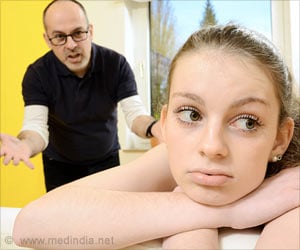Everyone, be it parents or teachers, often ask one question. Why don't students like school? Now, a psychologist has tried to answer the question in a new book.
Everyone, be it parents or teachers, often ask one question. Why don't students like school? Now, a psychologist has tried to answer the question in a new book.
Aptly titled "Why Don't Students like School?" the book by Daniel Willingham, a University of Virginia cognitive psychologist explains how the mind works, and what it means for the classroom."If you ask 100 high school students if they like to learn new things, almost all of them will tell you they like to learn. But if you ask those same students if they like school, many of them will tell you they don't," said Willingham.
He explained: "The mind is actually designed to avoid thinking. Thinking is a slow process; it's effortful and even uncertain. People naturally want to avoid that process, and instead rely on memory, the things we already know how to do and are successful at."
Using cooking as an example, he said: "If you want to make spaghetti sauce, you could go onto the Internet and search out new recipes. You could go through all your cookbooks. And if you are really into cooking, you might do exactly that. But most people will just make the sauce the way they always make it, because they already know how. And so it's a lot easier that way."
He claimed that one of the reasons why students don't like school is that they are forced to think, to accept new challenges, to learn new things, and therefore do the thing their mind most wants to avoid - thinking.
However, the reason is only applicable to a point, because people are also curious.
Advertisement
And that's where creative teaching comes in, using a combination of storytelling that evokes emotion and thought, and exercises that put lessons into context and that build upon previous learning.
Advertisement
"We want to create learning experiences that last," he said.
While teachers keep asking how to work with students' different "learning styles," Willingham said that such styles don't really exist.
He said: "There are different abilities, but really, we all learn the same way. It's not left brain versus right brain, or visual or auditory or kinesthetic. We learn using a combination of skills, and we are all more similar in our learning styles than different."
And naturally, students learn better in the areas or disciplines where their abilities lie.
He stressed that the key for teachers, and for students, is to find that "sweet spot," where learning is the wonderful challenge that inspires us to do more than simply make sauce the same way we've always made it.
Source-ANI
ARU








